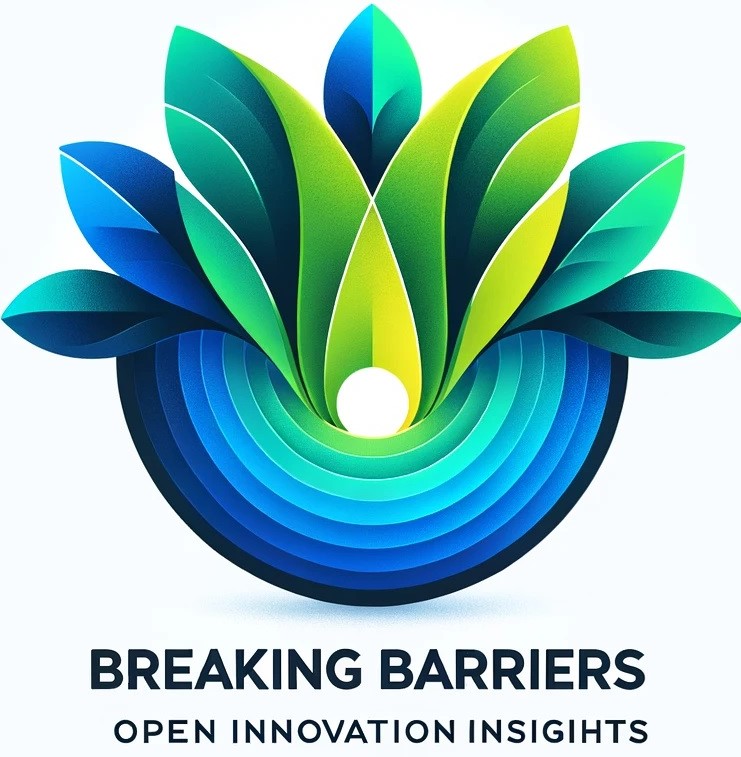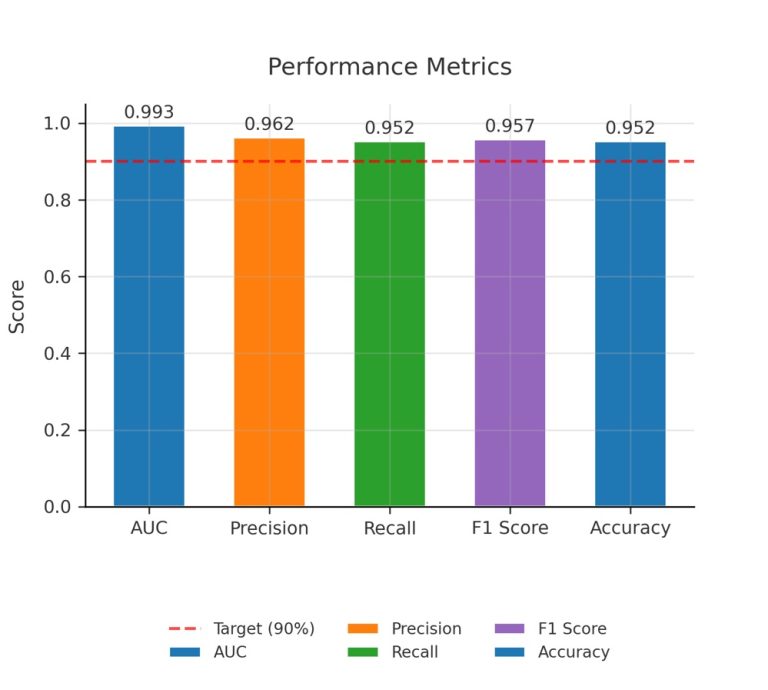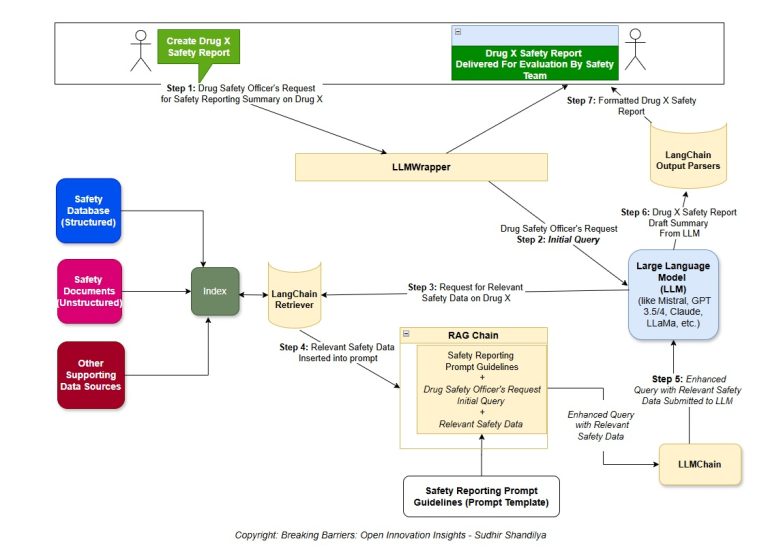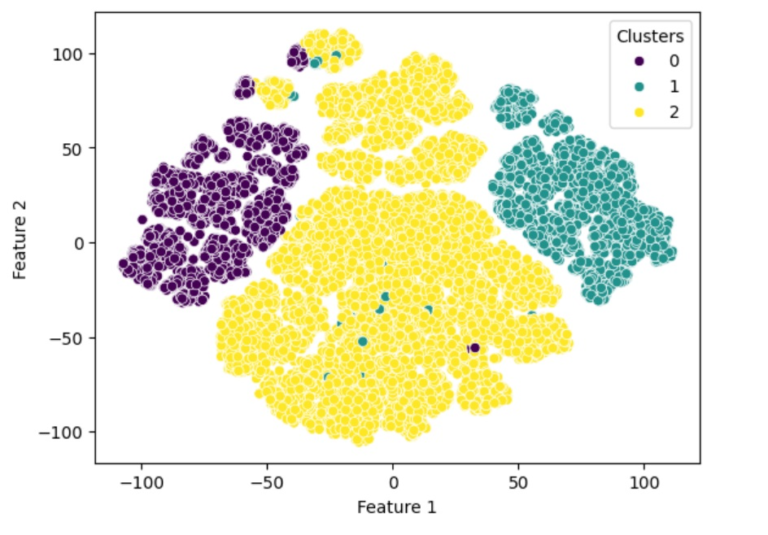
Many people narrate their lives through stories encapsulating their experiences, challenges, and accomplishments. While stories serve as powerful tools for communication and connection, enabling us to share insights and resonate with others on a deeply personal level, they also have a downside when we allow them to define us rigidly. These narratives may inadvertently confine self-perception and potential growth by overly identifying with narratives or “stories.”
Consider, for example, someone who has overcome significant adversity, such as escaping poverty or surmounting a substantial personal challenge like addiction. This story of triumph against the odds is inspiring, not just to the individual but to others who hear it. It’s a narrative that can motivate, encourage, and offer hope. However, if the person telling the story becomes wholly identified as “the person who overcame X,” they may inadvertently limit their perception of who they can be in the future. Their identity becomes anchored to specific circumstances or achievements, constraining their ability to envision and pursue new goals, identities, or changes.
Moreover, this identification with our stories can create a feedback loop reinforced by external validation. When others express admiration or inspiration in response to our stories, it can solidify our attachment to these narratives. We begin to see ourselves almost exclusively through the lens of these tales, neglecting the vast potential for future growth and evolution. We might think, “I am the person who achieved X,” without considering, “What else can I achieve? Who else can I become?”
This self-limitation does not reflect our natural or better capacity and capabilities. We are not just the sum of our past narratives but dynamic beings capable of continual growth, learning, and evolution. Recognizing this means understanding that while our stories are a part of us, they are not the entirety of us. We can shift our mindset from being defined by our stories to viewing ourselves as ever-evolving ideas. Each new experience, challenge, and achievement allows us to rewrite our narrative, adding depth, complexity, and new dimensions to our identity.
For instance, consider a business leader who is widely recognized for pioneering innovative technology. If this leader clings too tightly to this identity, they might miss opportunities to explore new fields or to evolve personally beyond the tech industry. However, if they see their identity as fluid and growing, they might embrace unexpected opportunities, such as environmental advocacy or educational reform, enriching their narrative and impact on the world.
The shift in mindset from being our stories to owning our stories as chapters in a larger, unwritten book allows us to remain open to our unexplored capabilities as humans. It encourages us to view ourselves as works in progress, perpetually capable of learning, changing, and accruing new stories that reflect our complex, evolving nature. This perspective empowers us to live more expansively, with the understanding that the past does not confine our potential but is continually unfolding.











